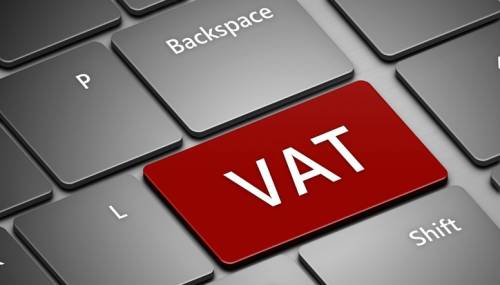Headlines
Nigeria Experiences Surge In VAT Revenue, As VAT Increased By 15.6%

The Nigerian Government has generated a whopping sum of the sum of N338.94bn Value Added Tax (VAT) in the first Quater of 2020, National Bureau of Statistics reports.
Brandnewsday gathered that the NBS made known in its report on the sectoral distribution of Value Added Tax in Q1. The report revealed that the total revenue generated from VAT for Q1 2020, increased to ₦338.94billion – a 10% increase from Q4 2019 and a 16% increase from Q1 2019 due to the 50% VAT increase.
According to the Bureau of Statistics: “Sectoral distribution of Value Added Tax data for Q1 2020 reflected that the sum of N338.94bn was generated as VAT as against N308.48bn generated in Q4 2019 and N293.04bn generated in Q1 2019, representing 9.87 per cent increase quarter-on-quarter and 15.66 per cent increase year-on-year.
Nigeria’s Value Added Tax Revenue Generated N338.94bn
The revenue generated from other sectors is: commercial services (₦38 billion), other manufacturing (₦37 billion) and Trade (₦17 billion) recorded the highest remittances – accounting for 54% of the total.
The professional Services generated the highest amount of VAT with N38.30bn generated and closely followed by Other Manufacturing generating N37.37bn, Commercial and Trading generating N17.19bn while Mining generated the least and closely followed by Textile and Garment Industry and Local Government Councils with N61.83m, N306.05m and N319.04m generated respectively, according to the NBS.
Also, the Federal ministries and parastatals (-33%), state ministries (-16%) and local government councils (46%) all recorded declines in their VAT remittances.
Conversely, the total amount generated in Q1 2020, N172.67bn was made from the Non-Import VAT locally; while N93.67bn was generated as Non-Import VAT for foreign. The balance of N72.59bn was generated as NCS-Import VAT.
As the global crude oil price slumped, the Federal Government plans to spend 10.52 trillion naira ($27 billion) in 2020, even as it reduced the crude benchmark in the budget to $25 a barrel from $57.





